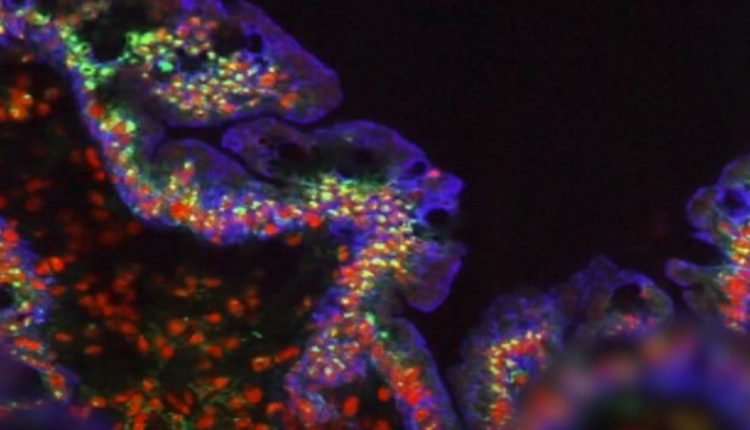Artificial testicles have been successfully grown in a dish by scientists, with the potential to treat male infertility. These lab-grown testicles show numerous similar structures and genetic traits as natural ones, allowing researchers to explore fertility issues in men and potentially resolve them through the creation of artificial sperm.
This method of growing artificial testicles could potentially assist individuals who have survived childhood cancers in preserving their fertility after chemotherapy.
Between 10% and 15% of males experience infertility, and in half of all instances, male infertility is at least partially to blame for infertility. Currently, there is no laboratory model available for studying the testicles. Artificial testicles, miniature 3D models, have been developed for this purpose.
- California RESIDENTS To RECEIVE $500 MONTHLY PAYMENTS In New Guaranteed Income Program: Here Is Who Is Eligible
- Us Job Market Booms With 272,000 New Jobs, But Unemployment Rises Slightly To 4.0%
- Credit Scores Of 720+ See Improved Loan Rates This Week
- Examining The Facts: Fact Check On IRS $8700 Stimulus Check Eligibility & Payment Dates
- Gas Prices On Downward Trend As Fourth Of July Road Trips Approach: AAA
The artificial testes in this research began as stem cell samples extracted from newborn or embryo mouse testes. To develop the testicles, Gonen’s team placed stem cell samples in laboratory dishes and guided them to develop into the various types of cells found in mouse testicles. After eight or more weeks, the testicle organoids displayed indications that they were progressing into meiosis, the phase in the life cycle of testicles where they generate sperm cells.
Testis Organoids Promise Infertility Treatment

Testicles consist of various cell types with different functions, such as sperm production and hormone release. Importantly, they discovered that testis organoids could be cultivated from newborn or embryonic mice, but not from adults.
Upon analyzing the testis organoids, Gonen and her team noted the presence of crucial structures for regular testicular function: tubules, germ cells, and Sertoli cells.
The team is currently investigating whether these organoids are capable of generating sperm cells and sex hormones such as testosterone. They are also considering the possibility of growing similar artificial testicles from biopsies taken from pre-pubescent boys who are preparing for chemotherapy.
Gonen and her team are interested in making ‘fully artificial testis’ from stem cells, rather than just from testicle cells.
